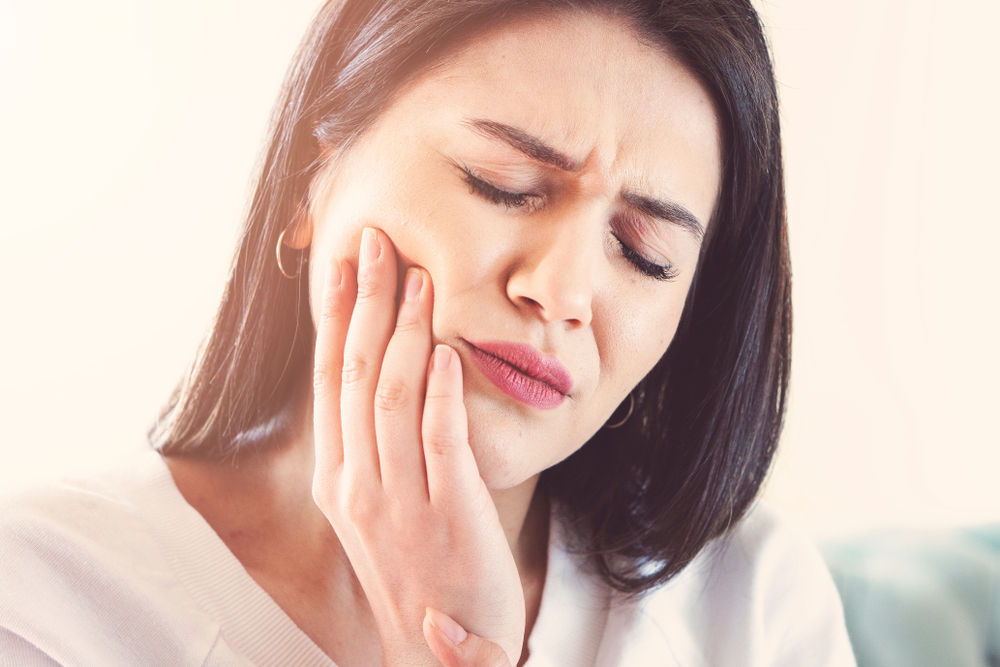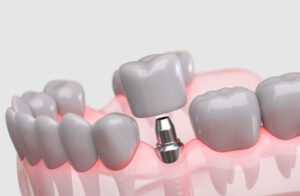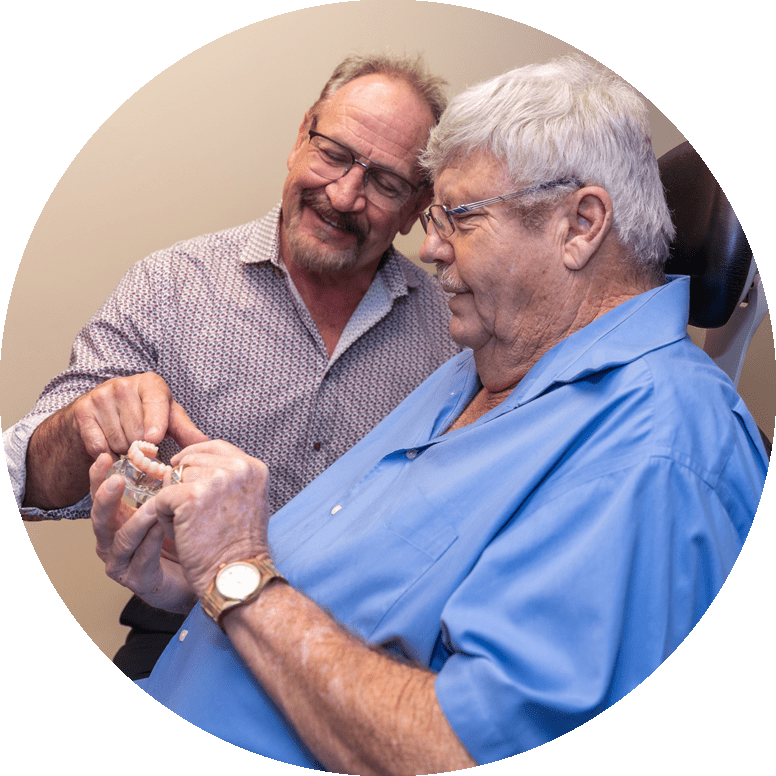“Dry socket” is the dreaded phrase that no one wants to hear if they’re about to have a tooth extraction. If you’re worried about recovering from an extraction and also suffering a dry socket, it’s helpful to know why they occur so you can avoid it happening. To help prevent any complications after your tooth extraction, follow these five tips:
Don’t Use a Straw
One of the most common ways a dry socket occurs is because a patient used a straw to drink water or a beverage. The suction you create by using a straw can quickly dislodge the blood clot in the empty tooth socket. Avoid this method of drinking for at least two weeks after your tooth extraction.
Don’t Eat Hard Foods
Hard foods, such as nuts and seeds, can become wedged in the empty tooth socket and cause discomfort or dislodging of the blood clot. For the first few days after your tooth extraction, stick to soft foods such as apple sauce and yogurt. Also be sure to not eat or drink hot foods or beverages as that could harm the surgical site, too.
Don’t Smoke or Use Tobacco
Similar to using a straw, the inhalation that occurs when smoking can also dislodge the blood clot. Additionally, chemicals found in cigarettes and tobacco can significantly slow the healing process and increase the risk of infection. It’s best to quit smoking altogether, but if this isn’t possible, refrain for at least two weeks before your surgery and while you recover and heal.
Don’t Forget Oral Hygiene
Keeping your mouth clean after a tooth extraction is also important to your recovery. After the first 24 hours after your surgery, gently rinse your mouth with warm salt water or an antibacterial mouthwash prescribed by your dentist. You can return to careful brushing a few days after your procedure.
Don’t Withhold Information
Certain medications, such as oral contraceptives, have been shown to increase the risk of dry socket. Some medications may also prevent a healthy blood clot from forming. Be sure to discuss your medications with your dentist so he or she is aware of all possible risks and complications.
Schedule Your Appointment
If at any time during your recovery, you experience complications or have questions, be sure to contact your dentist for an appointment right away.





